
Welcome To The Data Leak Lawyers Blog
We focus on the latest news surrounding data breaches, leaks and hacks plus daily internet security articles.

We focus on the latest news surrounding data breaches, leaks and hacks plus daily internet security articles.

A report by The Register has revealed that text messages sent by council agents en masse to UK taxpayers may have been exposing their personal data to unrestricted access. The external agency Telsolutions Ltd reportedly developed the SMS system for the purposes of chasing debts, but allegedly failed to impose basic security measures. This has apparently made it easy for users to manipulate the links sent in the text messages. This example of a council debt chasing data breach could, therefore, be a sign of a fundamentally inadequate approach to data protection.
It is unclear if anyone took advantage of the security loophole, and if so, how many people chose to do so. Nevertheless, its existence can be enough to cause concern for anyone contacted by local councils in this manner, particularly given the vulnerable situations some alleged tax defaulters may be in.
Your Lawyers, as specialists in data protection law, is disappointed to hear that a number of councils may have again failed to take the precautions necessary to protect their residents’ private information. We help data breach victims to claim compensation for the harm caused, so you can contact us for advice if you think you may have a claim to make.
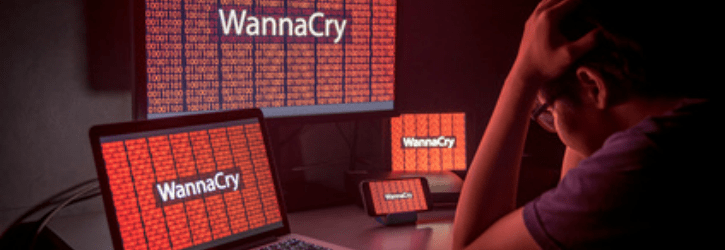
Healthcare organisations hold a vast array of different data about their patients, most of which is highly private and sensitive. Confidential medical information should be safeguarded by the principle of doctor-patient confidentiality, as well as by strong data protection measures. Unfortunately, the number of cybercriminals targeting medical data appears to be on the rise around the globe.
With medical information a prime target, it is important that all healthcare organisations ensure that their systems are secure, and that employees abide by strict data protection procedures. However, in too many cases, there appears to be holes in the defences that put patient data at risk.
Any patient that has been made vulnerable to data misuse by the errors of a healthcare organisation may be able to claim compensation for the harm caused. If you think that you may have a claim to make, you can contact us for free, no-obligation advice on your potential compensation claim.

The police have unique rights when it comes to processing and viewing personal information, but that does not mean that there are no limits governing their access to private data. In fact, because they have important legal responsibilities, and the data they can access is so sensitive, it is even more vital that they follow strict data protection rules. Misusing police computers can, therefore, be a serious offence.
We naturally trust the police to keep personal information secure by means of technical cybersecurity measures. Just as importantly, we expect it to be protected in accordance with their assumed integrity and professional standards. When a police officer breaches this duty, the effects can be devastating for those affected, particularly for crime victims in cases where the exposed information relates to a sensitive and traumatic incident.
If you have been affected by a police data breach, you may be entitled to claim compensation for the harm caused. No police officer should be exempt from justice when it comes to data privacy breaches. Your Lawyers, as leading Data Leak Lawyers, are here to help.
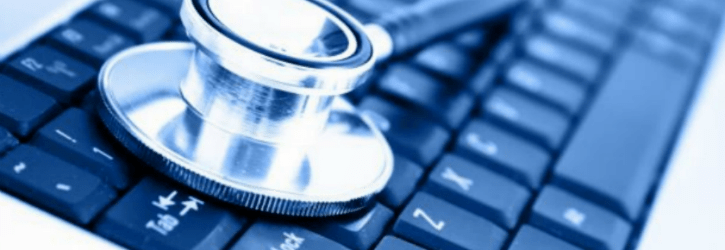
NHS test and trace contact centres have been implicated in a security controversy, after concerns were raised that staff have been using their personal email addresses for sending private health data, according to Healthcare IT News.
The test and trace scheme has been subjected to data security criticisms since its beginnings. Some worries look to have been proven right, given that a number of data breaches have exposed coronavirus test results over the past year. With the medical sector already a prime target for hackers, it seems clear to us that more needs to be done.
While the Covid-19 pandemic has challenged NHS staff and resources, it is still unacceptable that data security has been allowed to slip, particularly given that the pandemic has seen a spike in the occurrence of cyberattacks. Where sensitive medical information is at stake, there can be no room for error.
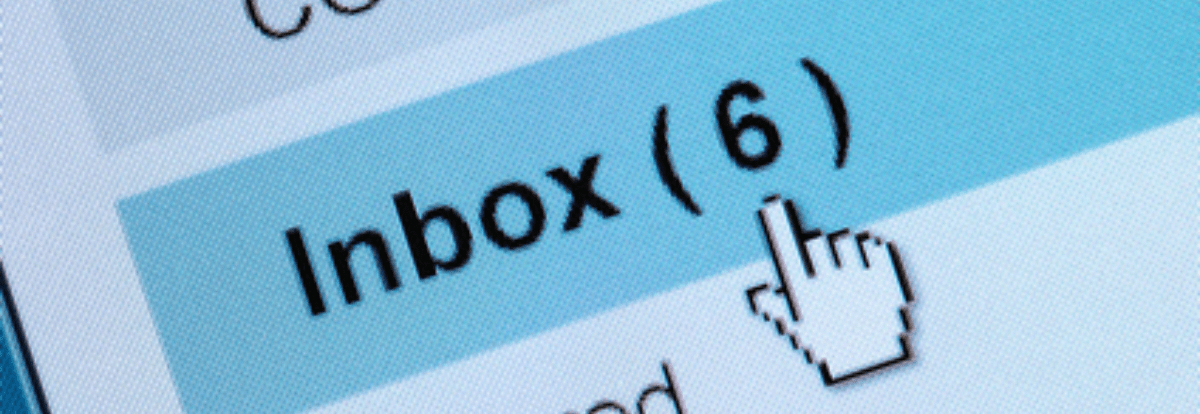
In 2017, it was reported that West Midlands Police officers had been responsible for as many as 24 data breaches in just one year. For the most part, the West Midlands Police data breaches were reportedly caused by the inappropriate disclosure of private information.
The breaches, which are understood to have occurred over the course of 2016, show the significant role that human error can play in causing information security incidents. While the West Midlands Police did not reveal specifics of the individual cases, it is nevertheless concerning that officers with access to such sensitive information were not being more diligent in their data protection duties.
For their crime fighting duties, the police force necessarily hold a great deal of sensitive information, so it essential that there are robust defences in place to prevent this data from being exposed. Sometimes, when the police fail in their data protection duties, it can cause immense distress to those affected and can even compromise their personal safety. To us, it is important that all police data breaches are thoroughly scrutinised, which is why we can offer free, no-obligation advice to anyone affected by an incident like this.

Three years have passed since the NHS Digital data breach was reported, in a wide-reaching incident affecting around 150,000 patients across the country. Patients affected had chosen to opt-out from their medical information being used for non-care related purposes, but a mistake made by the IT and data branch of the NHS caused their requests to not be upheld.
Medical details represent perhaps the most sensitive type of personal information about us, so health professionals and services owe an important duty to their patients to protect this information and keep it confidential. This includes giving patients the option to choose how their data is processed and used, empowering them to take control of data disclosure. As such, when the health service fails to observe the choices of patients, it can be an indication of inept and inadequate data protection.
We began taking on claims for those affected by the NHS Digital data breach soon after it came to light, and we can still register claims despite the time that has elapsed since the incident. Contact us now to receive free, no-obligation advice on your claim.
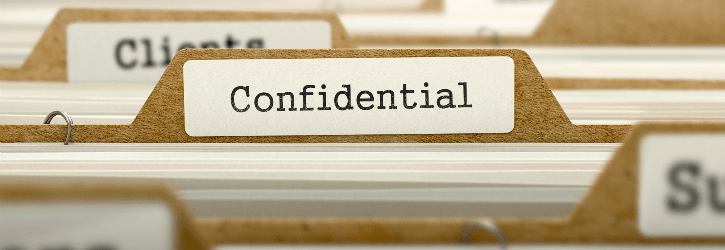
The vital crime-fighting function of the police means that they are allowed to request, process and use much more data than most people would ordinarily disclose to a third party. Many trust the police to handle the information that they are given access to with caution and respect, only requesting and viewing it when absolutely necessary. However, there are unfortunate examples of police using data without consent, abusing their powers to view or use information inappropriately.
Police officers are not above data protection law and this is important to remember. It may be that certain allowances are granted to them in accordance with the GDPR, but they are still bound to certain restrictions.
As such, those who are affected by police data breaches may be entitled to claim compensation for the harm caused.
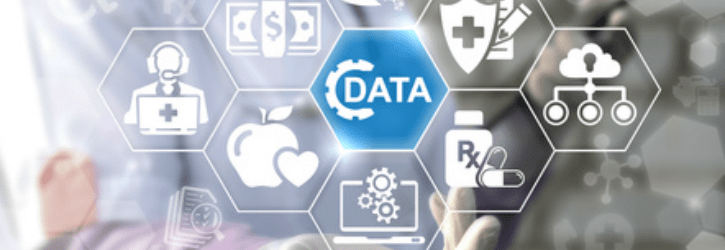
According to recent data analysis by Redscan, Trusts have begun to deal with and address NHS cyber-skills shortages in the past two years, although there is still a lot of ground to cover to tackle the problem of data breaches within the health service. In 2018, it was reportedly revealed by Redscan that around a quarter of NHS Trusts did not have security professionals, whereas now, the figure has dropped to 15% of Trusts.
Despite an average decline in the number of NHS data breaches reported to the ICO, it is still clear that personal information is still not being granted the full security it deserves. In our view, there is still a lot of work to be done to ensure all NHS Trusts have the appropriate cybersecurity and data protection breaches needed to keep data safe.
We have represented many clients for a number of NHS data breach cases over several years, so we have seen just how devastating the effects can be when sensitive medical information is compromised. In accordance with UK data protection law, every citizen has a right to strong data protection, which is why we can help victims of data breaches to assert their rights by making compensation claims.

A former Wiltshire Council social worker has reportedly been taken to court over a “serious breach of trust”, having been found to have accessed sensitive information without reason or authorisation.
As a social worker, the individual in question was granted certain data access privileges. It has been reported by the Gazette and Herald that she abused her position in a way that could have put the privacy and safety of vulnerable people at risk.
Social workers naturally have a high level of trust invested in them, so it is understandable that there is a no-tolerance policy for any employees who breach this trust. Social services data breaches like this can have severe consequences for those affected, particularly where vulnerable minors are involved, as their personal details often must be kept under highly restricted access in order to protect them from abusive adults. We represent people for these kinds of cases quite a lot. As such, it is essential that anyone who threatens to compromise the need for data protection is punished accordingly.

In February last year, it was revealed that Redcar and Cleveland Council had fallen prey to a cyber-attack, bringing many of its online resident services to a standstill for a prolonged period of time. Although systems were eventually repaired and services reinstated, the effects of the cyberattack are still being felt now, over a year after the attack, primarily in the huge financial toll it took on the council.
In fact, the government has been set to intervene to help the council with the funding, after millions of pounds were expended on the effort of rebuilding its systems. The prolonged recovery work raises questions about whether Redcar and Cleveland Council’s systems should have been stronger in order to defend against the attack in the first place, and whether the council had an attack response plan in place before they were hit.
This all shows how costly an attack can be, and why it is always so much better to take preventative action instead of an event taking place.
EasyJet admits data of nine million hacked
British Airways data breach: How to claim up to £6,000 compensation
Are you owed £5,000 for the Virgin Media data breach?
Virgin Media faces £4.5 BILLION in compensation payouts
BA customers given final deadline to claim compensation for data breach
Shoppers slam Morrisons after loyalty points stolen
Half a million customers can sue BA over huge data breach
Lawyers accuse BA of 'swerving responsibility' for data breach
The biggest data breaches of 2020
Fill out our quick call back form below and we'll contact you when you're ready to talk to us.